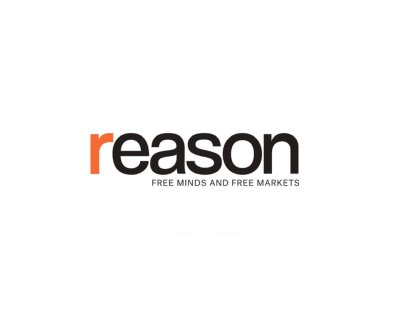‘Foreign Aid’ Enriches the Rich While Impoverishing the Impoverished
If there is anything we have learned from the American welfare state it is that from the very beginning it created a moral hazard problem whereby paying people for not working incentivizes them to drop out of the workforce and remain impoverished. It’s called “the welfare trap.” Much of so-called “foreign aid” is no different; it is just the internationalization of the welfare trap.
Many clear examples of this are provided by David Osterfeld’s book Prosperity versus Planning: How Government Stifles Economic Growth. For example, after the U.S. government “acquired” Micronesia at the end of World War II “the people of Micronesia were given free food, clothes, and other supplies. The result was bankruptcy of many local stores and the undermining of the incentive to work” as “Micronesians preferred to accept free and usually gratuitous welfare, thus avoiding the work and sacrifice required for real economic progress.” There are hundreds of other examples just like this one.
Since foreign aid goes to foreign governments the governments often pocket the money themselves or sell the in-kind aid on international markets and enrich themselves that way. During the 1970s famine in Ethiopia the government
Article from LewRockwell

LewRockwell.com is a libertarian website that publishes articles, essays, and blog posts advocating for minimal government, free markets, and individual liberty. The site was founded by Lew Rockwell, an American libertarian political commentator, activist, and former congressional staffer. The website often features content that is critical of mainstream politics, state intervention, and foreign policy, among other topics. It is a platform frequently used to disseminate Austrian economics, a school of economic thought that is popular among some libertarians.




